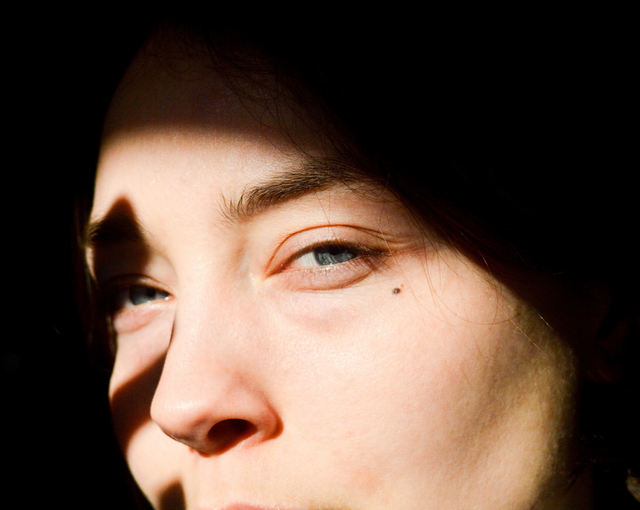If you’re into skincare, you’ve probably heard the buzz about retinol—the powerhouse ingredient famous for tackling wrinkles, acne, and giving skin a radiant glow. Retinol has been a skincare staple for years, but recently, the European Union (EU) set new guidelines on how much retinol can be used in over-the-counter products. So, what's the deal with this ban, and how does it impact your skincare routine?
First Things First: What is Retinol?
Retinol is a form of vitamin A that speeds up skin cell turnover, encouraging the shedding of old cells and replacing them with fresh, new ones. This process results in smoother, clearer, and more even-toned skin. Traditionally, retinol has been marketed as an anti-aging ingredient, but it’s time to rethink that narrative...
Why "Anti-Aging" Isn’t the Whole Story
The term "anti-aging" feels a bit outdated these days. The beauty industry is shifting toward more age-positive language, embracing skin at any age—wrinkles, fine lines, and all. Your skin tells your story, and there’s absolutely nothing wrong with that!
So where does retinol fit into this new, age-positive mindset? Instead of viewing it as a “fix” for aging skin, think of it as a support system for your skin’s natural processes—no matter your age. Whether you’re in your 20s, 40s, or beyond, retinol can improve texture, health, and radiance, without the pressure to "erase" the signs of aging.
The EU Ban: What Happened?
The EU, known for its strict cosmetic regulations, reviewed retinol’s safety and found that in high concentrations, it can sometimes cause irritation or increase sensitivity to sunlight. To protect consumers, they’ve limited the concentration of retinol in over-the-counter products to 0.3%. This change is designed to ensure retinol can be used safely by more people with less risk of irritation.
Should You Be Concerned?
Not really! Here’s why:
• Lower Concentrations, Same Benefits: Even with the EU’s limit of 0.3%, you’ll still see great results. It’s all about consistency—lower concentrations of retinol work just as effectively over time. You just might need a little more patience, but your skin will thank you!
• Gentle Support for Your Skin: Retinol isn’t about fighting aging; it’s about supporting your skin’s health at any stage of life. It can help with texture, tone, and radiance without being framed as a quick fix or miracle cure.
Natural Retinol Alternatives:
If you’re concerned about irritation or want to go a more natural route, there are alternatives. Bakuchiol, for example, is a plant-based alternative that provides similar benefits to retinol without the potential for irritation. It’s a great option for those who want the glow without the sensitivity.
The Bottom Line
While the EU’s ban on higher concentrations of retinol may sound alarming, it’s actually a positive step towards ensuring safer skincare for everyone. With the new 0.3% limit, you can still enjoy the benefits of retinol, just with a bit more patience and care. So, instead of viewing retinol as a magic "anti-aging" ingredient, think of it as a long-term ally for healthy, radiant skin—at any age.
Ready to give it a try? Just remember: consistency is key, and your skin will glow in time!
Talk about your brand
Describe a product, share announcements, or welcome customers to your store.




0 Comments
There are no comments for this article. Be the first one to leave a message!